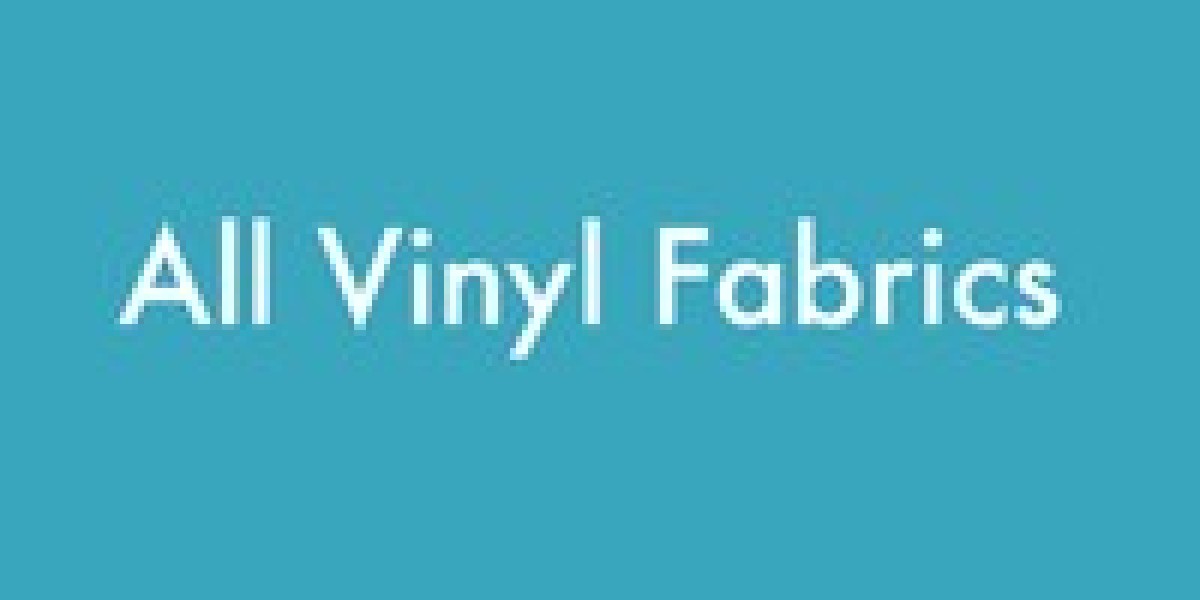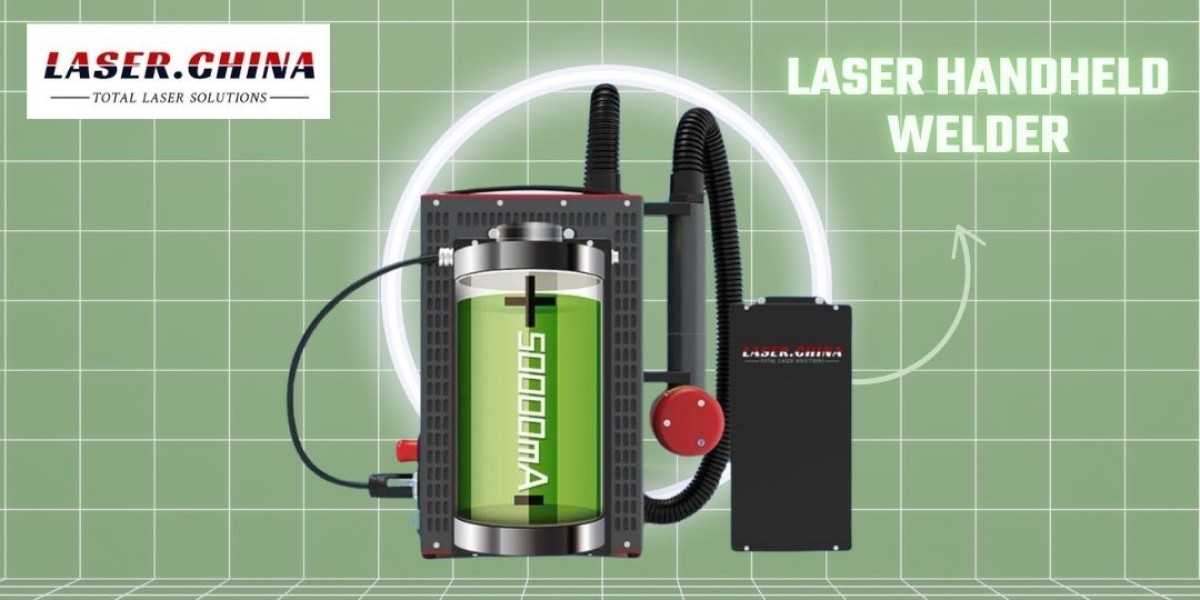In the world of materials, vinyl material stands out as a versatile, durable, and stylish option that’s found everywhere, from flooring and furniture to clothing and signage. Known for its longevity and resilience, vinyl offers benefits that suit a variety of applications, both indoors and outdoors. If you’re considering vinyl for your home, business, or personal projects, this guide will provide an overview of why vinyl material has become a popular choice and what makes it so beneficial.
What is Vinyl Material?
Vinyl is a synthetic plastic polymer derived from ethylene and chlorine, which are transformed into polyvinyl chloride (PVC) through a chemical process. This gives vinyl its durability and moisture resistance, allowing it to maintain its structure under various conditions. Its flexibility in manufacturing also means vinyl can be made into both rigid and flexible forms, making it suitable for a wide range of uses.
Advantages of Vinyl Material
The characteristics of vinyl make it a preferred material in many industries. Here are some of its top advantages:
1. Durability
One of the main benefits of vinyl material is its durability. Vinyl is designed to withstand heavy wear, moisture, and extreme temperatures, making it ideal for both indoor and outdoor applications. For example, vinyl flooring can last for decades when properly maintained, and vinyl siding provides homes with robust weather resistance without frequent upkeep. In many cases, vinyl can last longer than alternative materials, making it an economical choice.
2. Water Resistance
Vinyl’s water resistance is a significant advantage, especially for products exposed to moisture. Unlike wood, which can warp or rot when exposed to water, vinyl resists moisture naturally, making it an excellent choice for areas like kitchens, bathrooms, and basements. This water resistance extends to outdoor applications, where vinyl fencing and decking maintain their integrity despite rain or humidity.
3. Low Maintenance
Another appealing aspect of vinyl material is that it requires minimal maintenance to keep it looking new. Most vinyl surfaces can be cleaned with simple soap and water, and they don’t require treatments, sealants, or polishing like wood or other natural materials. This makes vinyl a time-saving option for busy homeowners and professionals who want to avoid frequent maintenance tasks.
4. Affordability
Compared to other materials like wood, stone, or metal, vinyl is typically more affordable. This affordability extends across many types of vinyl products, including flooring, siding, and signage. When combined with its long lifespan, the initial cost of vinyl is often lower than the long-term costs associated with maintaining or replacing other materials. This cost-efficiency is especially attractive to budget-conscious consumers who want high-quality, low-maintenance options.
5. Versatility in Design
One of the most attractive aspects of vinyl is its design versatility. Vinyl material can be manufactured in various colors, textures, and patterns, including realistic wood, stone, or tile appearances. This design flexibility allows vinyl to blend seamlessly with different decor styles, whether modern, traditional, or rustic. Vinyl's ability to mimic high-end materials at a fraction of the cost makes it a popular choice for flooring, wall coverings, and decorative applications.
6. Eco-Friendly Options
Though traditional vinyl production isn’t the most environmentally friendly, newer advancements have made eco-friendly vinyl options more available. Many manufacturers are now creating vinyl using recycled materials or processes that minimize environmental impact. Additionally, because vinyl is long-lasting, it reduces the need for frequent replacements, which contributes to less waste.
7. Safety and Comfort
Vinyl is a safe choice for homes, as it’s both non-toxic and fire-resistant. For instance, vinyl flooring often comes with a soft underlayer that makes it comfortable underfoot, which is particularly useful in residential settings. Vinyl’s fire resistance is also enhanced in specific applications, where it won’t ignite easily and can even slow down the spread of flames, adding a layer of safety in homes and workplaces.
Common Uses of Vinyl Material
Because of its adaptable properties, vinyl material has a wide range of uses across industries. Here are some of the most popular applications:
1. Vinyl Flooring
Vinyl flooring is one of the most common uses of vinyl material. Available in planks, tiles, or sheets, vinyl flooring offers a resilient and waterproof solution for homes and businesses. Modern vinyl flooring options, such as luxury vinyl planks (LVP), can mimic the appearance of natural wood or stone, making it an attractive option for those who want the look of hardwood without the high price or maintenance.
Vinyl flooring also has a soft backing, making it comfortable to walk on and providing insulation, which helps maintain room temperatures. Thanks to its resistance to water, vinyl is especially popular in kitchens, bathrooms, and basements.
2. Vinyl Siding
Vinyl siding is a popular choice for residential exteriors because of its durability, weather resistance, and low maintenance requirements. Unlike wood siding, which needs frequent painting or staining, vinyl siding can withstand harsh weather conditions without deteriorating. Available in a wide array of colors and styles, vinyl siding can enhance curb appeal while offering homeowners a practical, long-lasting exterior solution.
3. Vinyl Fencing and Decking
For outdoor spaces, vinyl fencing and decking provide a long-lasting, weather-resistant alternative to wood or metal. Vinyl fences won’t rust, rot, or splinter, and they require little maintenance beyond occasional cleaning. Vinyl decking has similar benefits, offering a slip-resistant surface that’s safe for families and pets.
4. Vinyl Upholstery and Furniture
Vinyl upholstery is frequently used in furniture, especially in commercial settings like restaurants and offices. It’s resistant to stains and easy to clean, making it an ideal choice for high-traffic areas. Additionally, vinyl furniture can mimic the appearance of leather, providing an affordable and animal-friendly alternative that’s durable and stylish.
5. Vinyl Signage and Graphics
Vinyl is a go-to material for signage and graphic decals because it’s easy to print on, resistant to fading, and simple to install. Adhesive vinyl graphics can be applied to walls, windows, and vehicles, making it versatile for advertising, branding, and personal design projects. Because it’s resistant to weather and UV rays, vinyl signage is suitable for both indoor and outdoor use.
Environmental Considerations and Future Trends
As consumers become more eco-conscious, there’s increasing demand for sustainable vinyl material options. To address this, manufacturers are developing innovative processes that minimize harmful chemicals and waste during production. Some vinyl products are now made from recycled materials, reducing the demand for virgin plastic. Additionally, several companies have implemented recycling programs where used vinyl products can be repurposed instead of discarded.
With advancements in bio-based plastics, we’re likely to see even more environmentally friendly vinyl products in the future, offering the same durability and affordability without the environmental drawbacks.
Is Vinyl Material Right for You?
With its durability, affordability, and design versatility, vinyl material offers an impressive range of benefits. It’s especially well-suited for areas where water resistance and low maintenance are essential, such as kitchens, bathrooms, and outdoor spaces. Thanks to improvements in design technology, vinyl products today are more realistic, stylish, and comfortable than ever, making it a practical and attractive option for a wide range of applications.
However, it’s important to weigh your options carefully. Vinyl may not offer the same eco-friendly properties as natural materials, and while sustainable vinyl options are becoming more common, some may prefer other materials with a smaller environmental footprint.
Conclusion
Vinyl material has earned its place as a go-to choice for homeowners, businesses, and designers due to its resilience, versatility, and affordability. Whether you’re considering vinyl flooring, siding, or decorative signage, it’s a practical, stylish solution that withstands the demands of daily life. By understanding the advantages and applications of vinyl, you can make an informed decision that best fits your needs and style preferences.
As technology advances and eco-friendly options expand, vinyl material will likely continue to be a top choice for durable, low-maintenance, and affordable solutions in various industries.









